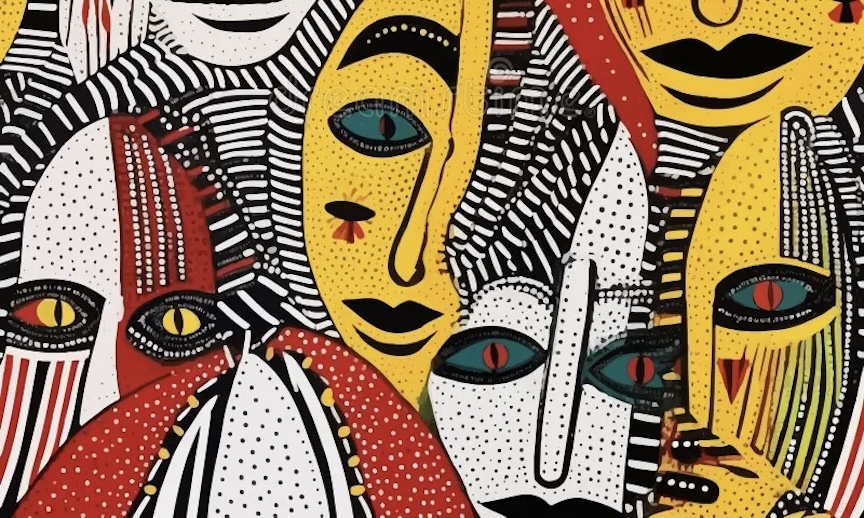ABOUT FACE
“There are some people who live in a dream world, and there are some who face reality; and then there are those who turn one into the other.”
Desiderius Erasmus
“I never forget a face. But in your case, I’d be willing to make an exception”
Groucho Marx
I’ve been thinking about how we face the world, day after day.
Sometimes lately, it seems imperative to face facts, face the truth. To welcome a stark and courageous reckoning with the mirror — the mirror of life and the mirrors in our bathrooms, our own reflections in every other face and how we meet those. I’m ready, bring it on, let’s face it!
Other days, the first thought with which I wake up is that I can’t face any of it. Oh, god, not again…
The word “face” is an interesting one, with a number of meanings that mostly make sense together, but leave lots of wiggle room for contradiction and nuance. It’s the front of the head, where our eyes, nose, and mouth are. It can refer to the expression on that head front — i.e. making a face — which reveals something within. Or it can mean a disguise or pretense, hiding what’s inside — “she put on a brave face.” A face can be superficial, a facade or surface. People can be two-faced and untrustworthy. Or a face might be the most straightforward and honest thing about us — “it was as plain as the nose on his face.” That’s just the nouns.
“Face” is also a verb — to meet, to confront, to recognize and deal with. It’s our orientation. How and where we’re looking, as well as what we’re looking with.
It includes our deepest selves and our false fronts, our hopes and our fears, our will and our willingness. It can suggest a powerful choice in a world of possibility, and also what we do when we run out of options. Face to face is a lot.
I’ve had the germ of an idea for this talk in a folder on my desktop for a while. Last fall, my friend Sheila led a beautiful study of David Whyte’s book, Consolations: The Solace, Nourishment, and Underlying Meaning of Everyday Words. It was during that class that I jotted myself a note about the word, “complexion.”
When I think of complexion, I think of my skin, especially the skin on my face. Like most everyone, I imagine, I desire that my complexion be as clear and smooth as possible.
My note was about the startling realization that complexion comes from complex. (It really was a moment of “duh!” because it seemed totally obvious once I saw it). If complexity is the root, then maybe a mottled, bumpy, variegated mix is more true than the wrinkle-free ideals we’ve adopted from the beauty industry.
The word complexion, in the 16th century, originally referred to an individual’s particular combination of bodily humors. Medicine at the time held that each of us was comprised of proportions of bile (black and yellow), phlegm, and blood. And the idea was that our temperament and appearance, our health and wellbeing, even our destiny, were determined by a balance of this unique mix, our embodied complexion.
This week, I went back to David Whyte book to remind myself exactly what he wrote about this, and I couldn’t find it anywhere. I skimmed the entire book, with special attention to everything I’d underlined, which was quite a bit, and — nada. None of the essays were about “face” or “complexion” or skin-care. I asked both Sheila and Travis if they remembered the conversation from our study group, and they did, but they didn’t find the reference either. Travis has an ebook version of the text, so he did a word-search and found this, in the chapter titled Beauty: “Beauty is an inner and an outer complexion living in one face.”
Which is lovely, but I was pretty sure it wasn’t what I was thinking of. I didn’t even underline that sentence when I read it the first time. So I kept digging, coming up empty, until finally I accepted that what I was remembering as something straight from the book must have been, rather, an idea that emerged out of our discussion. It wasn’t a direct quote. This very idea was, itself, a complex — a combination born of our engagement in something together. (Yay, book study!)
Here’s what I did underline in that chapter, David Whyte on Beauty: “Beauty is the harvest of presence… the conversation between what we think is happening outside in the world and what is just about to occur far inside us.”
Beauty and Complexion and Face all have something to do with how we interact with the world. What we see and what we are. What we long for and what we can bring.
So that’s the subject of my inquiry this week:
- What am I facing? What does it look like and what might this reveal or awaken in me?
- If I don’t like how it looks, could I orient myself differently and remain true?
- What if Clarity and Beauty are always, by nature, more complex than I want to admit? And the only way to deal with it all authentically is face to face to face to face…
I can’t wait to be with you this Sunday, February 23, at 10:00am. With the incomparable Patty Stephens. XO, Drew
©2025 Drew Groves




